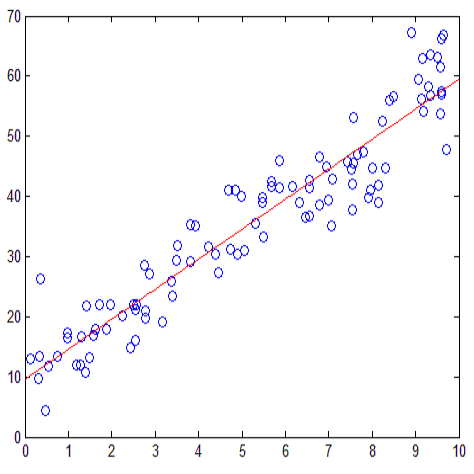In randomized experiments, linear regression with baseline features can be used to form an estimate of the sample average treatment effect that is asymptotically no less efficient than the treated-minus-control difference in means. Randomization alone provides this "do-no-harm" property, with neither truth of a linear model nor a generative model for the outcomes being required. We present a general calibration step which confers the same no-harm property onto estimators leveraging a broad class of nonlinear models. The process recovers the usual regression-adjusted estimator when ordinary least squares is used, and further provides non-inferior treatment effect estimators using methods such as logistic and Poisson regression. The resulting estimators are non-inferior with respect to both the difference in means estimator and with respect to treatment effect estimators that have not undergone calibration.
翻译:在随机实验中,可使用带有基线特征的线性回归来估计样本平均处理效果,其效率不亚于用处理的负负控制手段的差异。光是随机化本身就提供了这种“不伤害”属性,既非线性模型的真伪,也非所需结果的基因化模型。我们提出了一个一般校准步骤,将同样的无伤害属性授予利用非线性模型大类的估测器。在使用普通最小方形时,这一过程恢复了通常的回归调整估计值,并进一步使用后勤和普瓦森回归等方法提供了非急性治疗效应估计值。由此得出的估计值在手段估计值和未进行校准的治疗效果估计值上都是非致命的。





